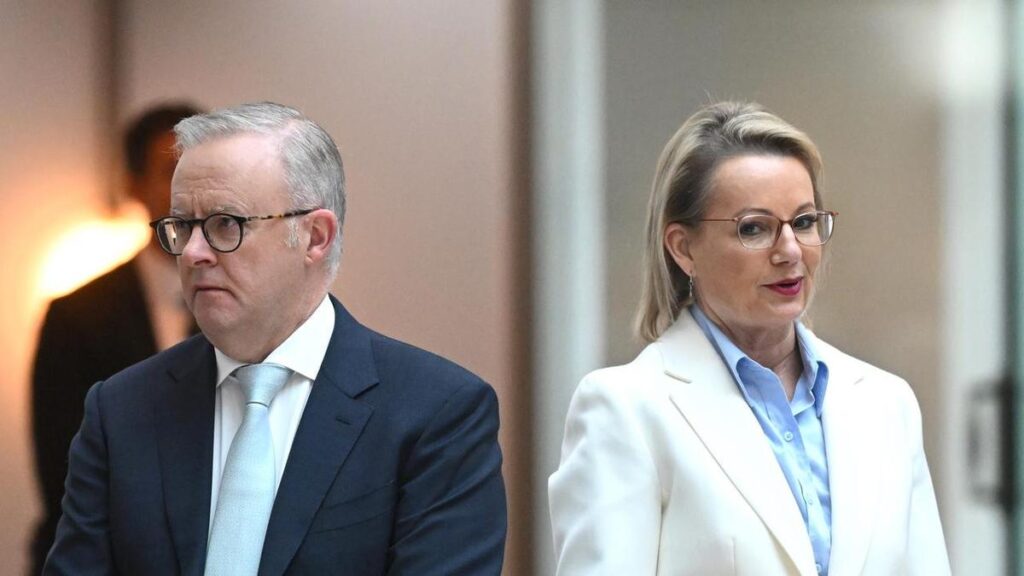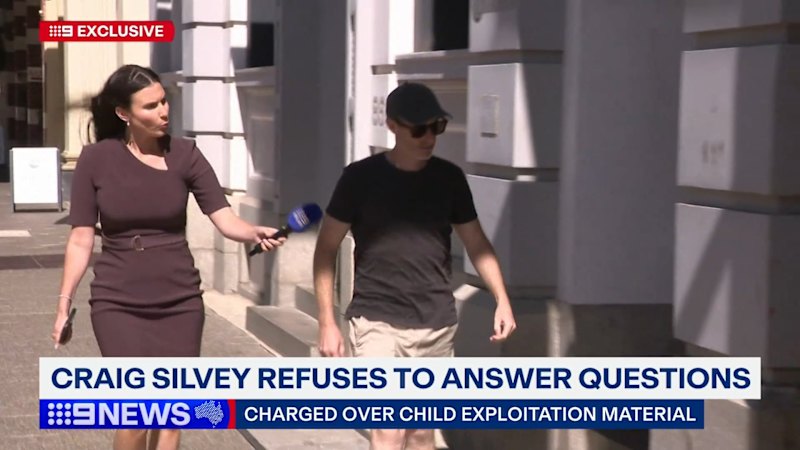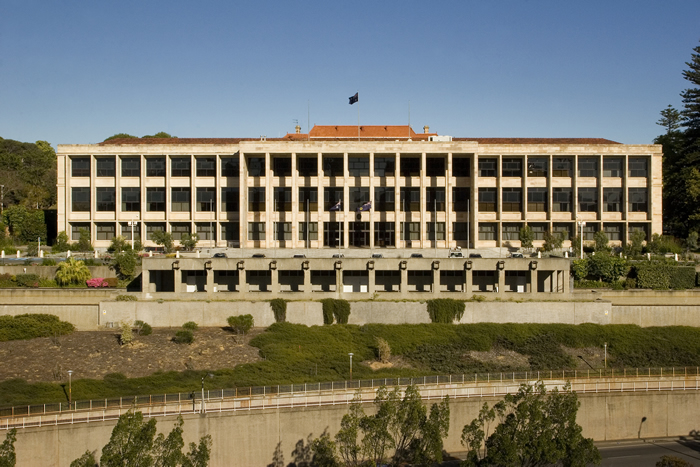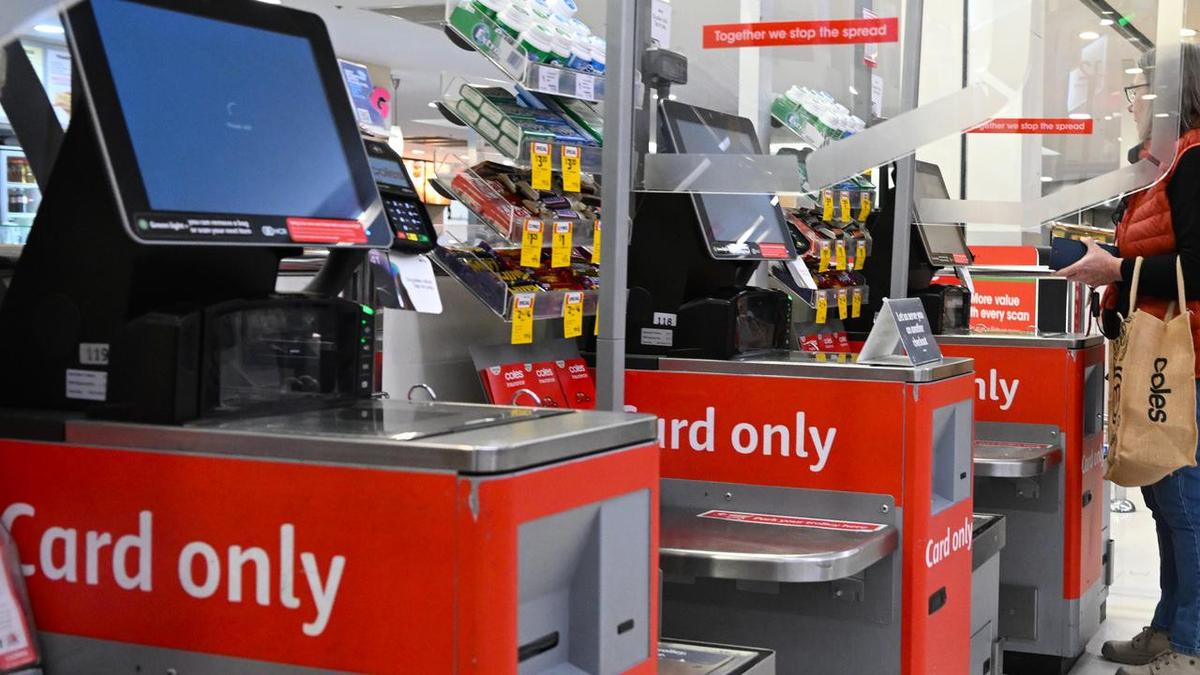
BREAKING: The Coalition has plunged to its lowest primary vote ever recorded, hitting just 27 percent in the latest Newspoll, a staggering decline attributed to internal strife and leadership changes. This historic drop follows the recent sacking of Jacinta Nampijinpa Price by Opposition Leader Sussan Ley, which has exposed deep fractures within the party over key issues like migration and climate policy.
In a poll conducted last week, the Coalition’s primary vote fell to its all-time low since Newspoll began tracking these figures in 1985. Meanwhile, the Labor Party remains steady at 36 percent, providing Prime Minister Anthony Albanese with a commanding 58-42 lead on a two-party-preferred basis—his largest margin since he assumed office.
The turmoil within the Coalition has opened doors for other political players. One Nation has surged to a record 10 percent, while the Greens have also seen a rise to 13 percent. Support for independents and other minor parties has climbed to 14 percent, indicating a significant shift in voter allegiance as disillusioned constituents abandon the major parties.
The fallout from the leadership reshuffle has severely impacted Ms. Ley’s standing among voters, with her net approval rating plummeting to -17. Only 32 percent of voters express satisfaction with her performance. In contrast, Albanese’s approval rating, while also dipped into negative territory at -5, still maintains a solid lead over Ley, who trails 31-51 in preferred prime minister rankings.
Amidst speculation of potential leadership challenges, Sussan Ley has attempted to reassert control within the Coalition by unveiling a reshuffled frontbench. This includes the promotion of conservatives Claire Chandler and Simon Kennedy, alongside the reinstatement of James Paterson to her leadership team.
The grim figures are echoed in the latest Resolve Political Monitor published by Nine, corroborating the Coalition’s dire situation with a 27 percent primary vote—the lowest since the survey’s inception in 2021. Labor’s support has slipped by two points to 35 percent, while One Nation has made significant gains, now at a record 12 percent. On a two-party-preferred basis, Labor leads 55-45, unchanged from the results of the May 2023 election.
The current political landscape reflects a growing disenchantment with traditional parties, highlighting a trend towards minor parties gaining traction. Both polls reveal a historic decline in support for major political entities, with One Nation achieving double digits for the first time in Resolve.
As the Coalition grapples with its internal divisions and dwindling support, the immediate future remains uncertain. Voter sentiment is shifting, and the impact of these developments will be crucial as the political climate evolves. Watch for further updates on this developing story.







